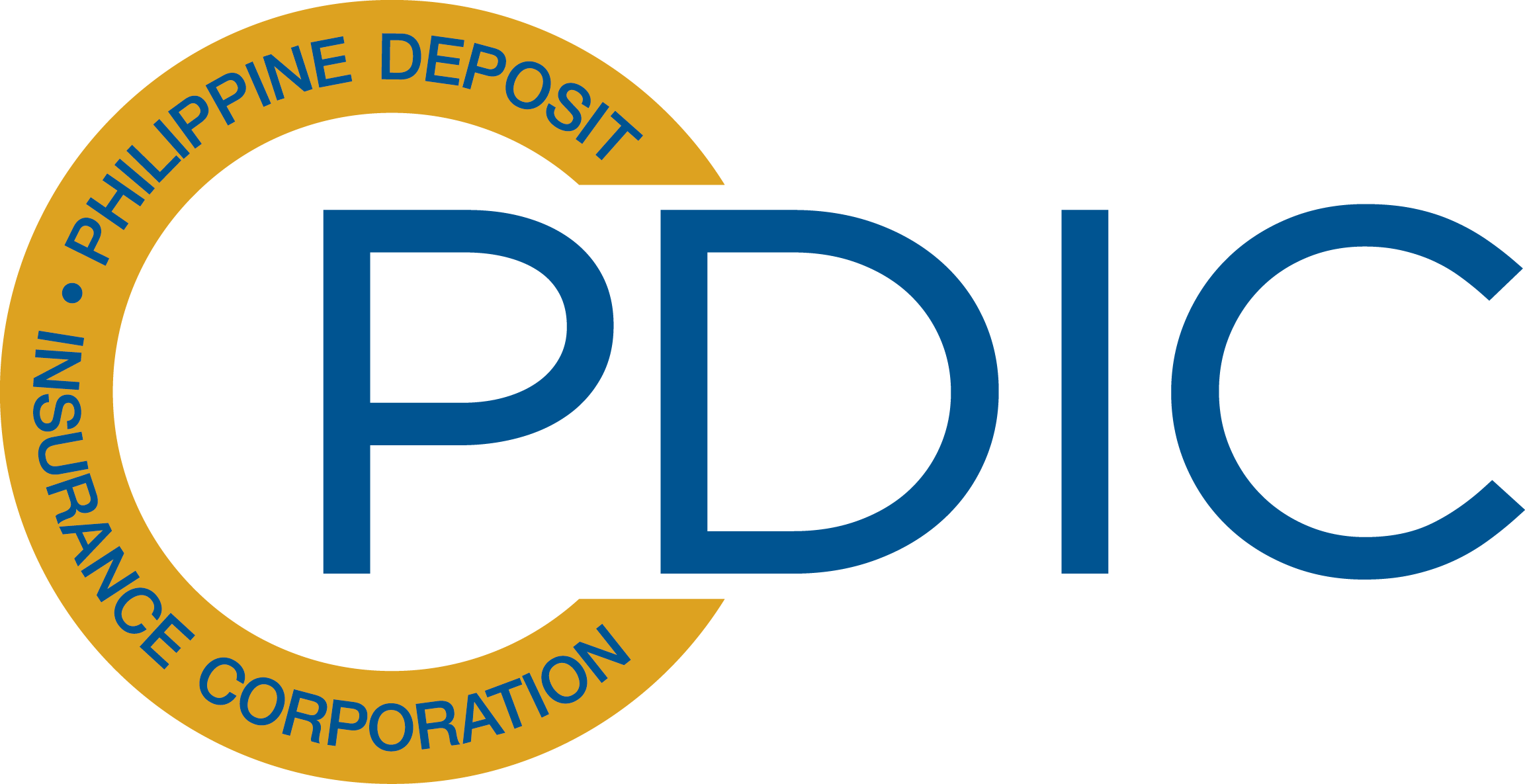| ARCHIVE |
Direct investments and portfolio investments |

ONE concern arising from the Philippine economy’s good performance in the last three years is that this performance was driven by the inflow of portfolio investments, not direct investments. In this column, I will show the areas of dynamic interphase and the positive relationships between these two kinds of investment. But let me first define the two and distinguish them from each other. Direct investments go directly into corporations or projects to fund new fixed assets or increase working capital for capacity expansion. New projects resulting from new incorporations and capitalizations are also called “greenfield” projects. Portfolio investments normally refer to investments in markets where a liquid secondary market exists, and investors can easily buy and sell investment securities and assets at prices determined by a free flow of information for buyers and sellers. The markets where portfolio investments flow in and out of are usually within the framework of an “exchange.” Since portfolio investments can go in and out of markets easily through the purchase and sale of securities or movements through asset classes, they are also called “hot” money. An economy attractive to portfolio investments is also attractive to direct investments. The first thing a direct or portfolio investor will look at before investing is if an economy has functioning financial markets, because the realization of returns and payback of capital is a key determinant in making the investment decision, whether it be for portfolio or direct. Even for direct investors, a clear mechanism for cashing in on their investments within a period of time is a requisite option. Portfolio investments also help expand productive capacity. It should be pointed out that when companies or projects go to the stock or bond markets to raise capital for capacity expansion, the investments that buy their share or debt issuances are portfolio investments. As hot money investing in a liquid market, these can sell in the secondary market even on the same day. However, the funds are already with the issuer for good in the case of a common share issuance, or for a long period of time in the case of a bond issuance. In a public offering of shares, some original direct investors may also sell shares with new ones. The sale of shares by direct investors is their way of cashing in for at least part of their original investments. This shows how direct and portfolio investments interact in the financial markets. Dividends from the Philippine Good Governance Policy. The economic potentials of the Philippines, such as a young population with a high literacy rate, a growing consumer market, tourism and natural resources, are already a given. What the good-governance policy of the Aquino administration has fostered is the confidence of both direct and portfolio investors to invest in the realization of these potentials. This is the economic dividend the country is realizing from the government’s good-governance policies. For the economic-development potential to be fully realized and sustained, good-governance policies must should be strongly implemented until it becomes the norm in all structures of the government and the privates sector, as well as financial markets and its exchanges. ____________________________________________________________________________________________________________ * Written by PDIC President Valentin A. Araneta for Free Enterprise and published in the Businessmirror on January 11, 2013. Mr. Araneta writes for the Free Enterprise column as a member and officer of the Financial Executives of the Philippines (Finex). Requests for his past articles may be coursed through ccd@pdic.gov.ph. |
back |
This website uses information-gathering tools including cookies and other similar technology. Data generated are not shared with any other party. For more information, please refer to our privacy policy.
 PDIC is a government instrumentality created in 1963
PDIC is a government instrumentality created in 1963by virtue of Republic Act 3591, as amended, to insure
the deposits of all banks. PDIC exists to protect
depositors by providing deposit insurance coverage for the depositing public and help promote financial stability. PDIC is an attached agency of the Bangko Sentral ng Pilipinas.

Questions? Need Help?
Click Frequently Asked Questions
Trunkline.: (632) 8841-4000
Hotline: (632) 8841-4141
(for Metro Manila clients)
Fax No.: (632) 8841-4085
Email: pad@pdic.gov.ph
Client outside Metro Manila may call
Toll Free: 1-800-1-888-7342 or
1-800-1-888-PDIC

.png?Sunday; May 19, 2024)

Hotline: (632) 8841-4141
(for Metro Manila clients)
Fax No.: (632) 8841-4085
Email: pad@pdic.gov.ph
Client outside Metro Manila may call
Toll Free: 1-800-1-888-7342 or
1-800-1-888-PDIC

.jpeg)
.png)


